I’m not the first person to remark that Verdi is getting oddly little attention in this his bicentenary year, especially when compared with his contemporary Wagner who, despite the usually much greater demands his works make in almost all respects, is not only receiving plenty of performances, but is also the subject of even more books than usual, not all of them about his alleged faults of character. Yet Verdi shouldn’t be less controversial a figure than Wagner; it’s just that Wagner stimulates people to react in such intense ways, while they placidly accept Verdi as an energising tunesmith and a decent patriot, ardent for the unification of Italy in contrast to Wagner’s shameful nationalism.
The ardent patriot is apparent in Simon Boccanegra, though not so blatantly as in some of his other operas. But then one of the striking things about Boccanegra is that almost nothing is blatant, except for curses, which are always accompanied by a fortissimo dissonance and a drum roll. It’s an opera whose stock has risen over the years, with ‘sombre’ and ‘subtle’ the adjectives of choice to describe it.
In the latest revival at Covent Garden of Elijah Moshinsky’s 1991 production, still apparently directed by him, it is fairly strongly cast, but not quite strongly enough to prevent some doubts in my mind. I have always found the plot irritatingly ridiculous even for Verdi. His passion for tales involving small children lost in the most unusual circumstances, their disappearance capped only by the freakish timing of their reappearance; the obsession with disguises, always a tendency in opera but only carried to such lengths in his chosen texts; and the extraordinary gullibility of his most devious characters: are these things to be simply nodded past?
In Boccanegra they are all at their most blatant. Why does Boccanegra, surrounded by enemies as he knows he is, casually pick up a chalice and drink the ‘water’ in it, remarking on its bitterness, without suspecting that it is poisoned? In the preceding scene he has petrified the appalling Paolo, who has every reason for wanting to get rid of him, and who is still hanging around. It enables Verdi to write ever more plangent music for Boccanegra as his life ebbs away, with forgiveness lavished on his erstwhile foes. But though it’s undoubtedly sombre, is it subtle? Only if by that you mean that it lacks his normal quota of unforgettable tunes. If there were ever such a thing as a thrilling performance of Il Trovatore nowadays, you would leave the theatre full of its generosity in melody and amazed at the energy Verdi summons up to purvey his pessimism. With Boccanegra you are left with no memorable impression, except that it’s not what you’d expect from a middle-period Verdi opera.
Antonio Pappano’s conducting is, as usual, strong on detail but only sometimes adequate in conveying the larger scene, though the noblest part of the work, the Council Chamber scene, did come off very strongly. But the accompaniment to the heroine’s Act I aria, a test piece for the conductor, with its pellucid scoring evoking the sunlight on the water, seemed foursquare where it should seem fluid. The aria was ravishingly sung by Hibla Gerzmava, whose excellence only made one wish Verdi had found more for her to do. The same went for her lover Adorno, the tight-voiced but thrilling Russell Thomas, making his debut with the company. Both these characters are incidental to the plot, really.
Verdi is concerned with implacable basses and baritones slogging it out over the decades. Here we had Ferruccio Furlanetto on fine form as Fiesco, Boccanegra’s arch-enemy. Furlanetto has never had a beautiful voice, but he deploys it with force and wisdom. I have a blank spot as far as Thomas Hampson, in the title role, is concerned. The voice itself in its earlier days was creamy, but there is a lack of inwardness in his interpretations of, so far as I know, anything he sings. Verdi has undercharacterised his hero anyway — where is the buccaneer, the plebeian, the seducer in what we are presented with, as opposed to what we are told? Dimitri Platanias makes a really hateful Paolo, one only wishes the opposition to him were stronger.
The Royal College of Music put on Offenbach’s La vie parisienne this term, and musically it was sparkling, in the safe hands of Michael Rosewell. Offenbach is so unique and fecund a genius, why do we get so little of him? You’d think he would be ideal for the schools, since he doesn’t make immense demands on voices, but he does make them on style. And that is where, predictably, there was far too much G & S-ing about, with silly walks, intimate dialogue bawled, and constant turning to the audience to share the performers’ pleasure in the work and what they were doing with it. Offenbach’s characters are agreeably erotically obsessed, but all we had was heartiness. Perhaps he only survives in French, and this was in English. Still, I do hope they go on trying, but after listening to some authentic French recordings first.
Got something to add? Join the discussion and comment below.
Get 10 issues for just $10
Subscribe to The Spectator Australia today for the next 10 magazine issues, plus full online access, for just $10.
You might disagree with half of it, but you’ll enjoy reading all of it. Try your first month for free, then just $2 a week for the remainder of your first year.

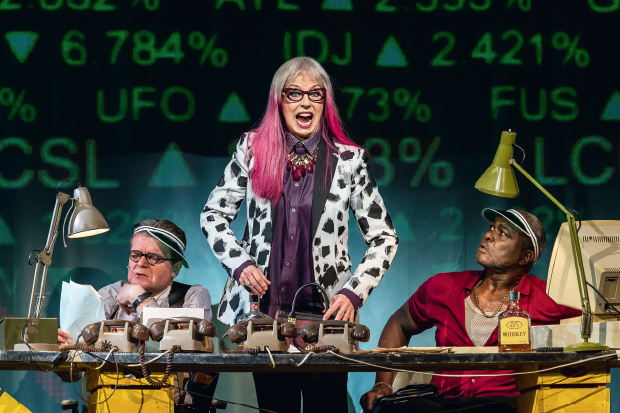
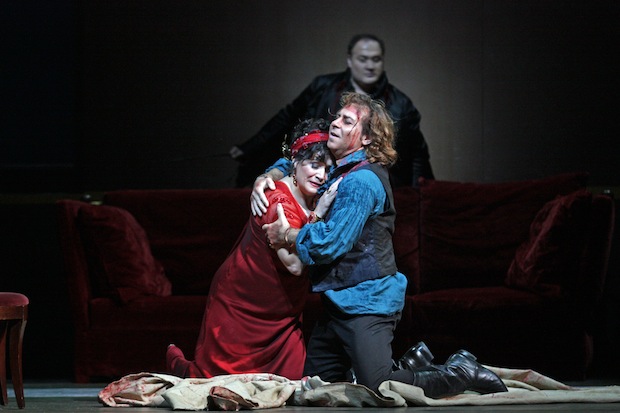
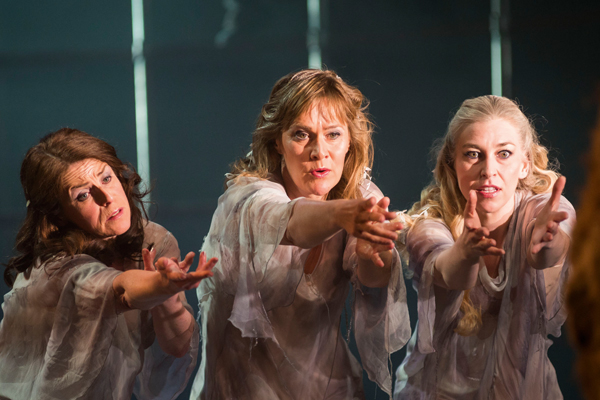
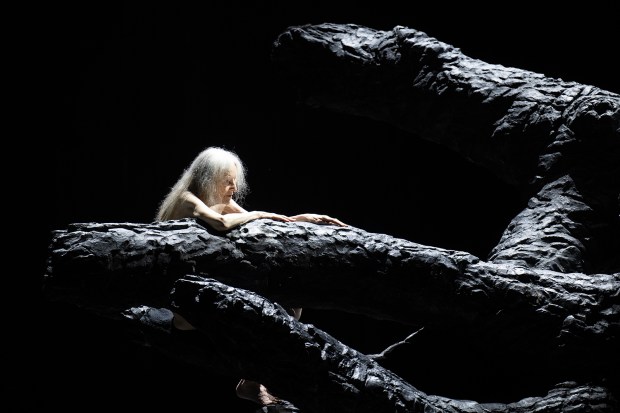

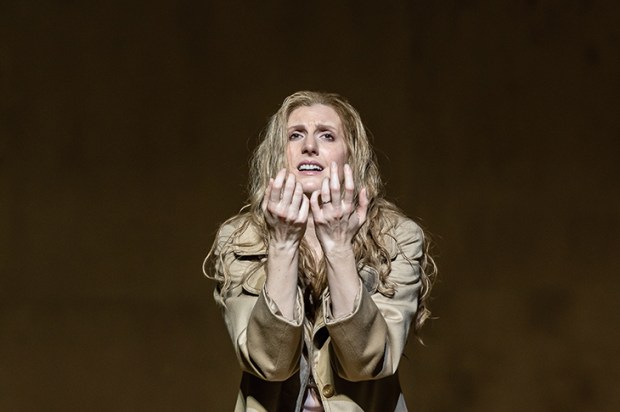






Comments
Don't miss out
Join the conversation with other Spectator Australia readers. Subscribe to leave a comment.
SUBSCRIBEAlready a subscriber? Log in